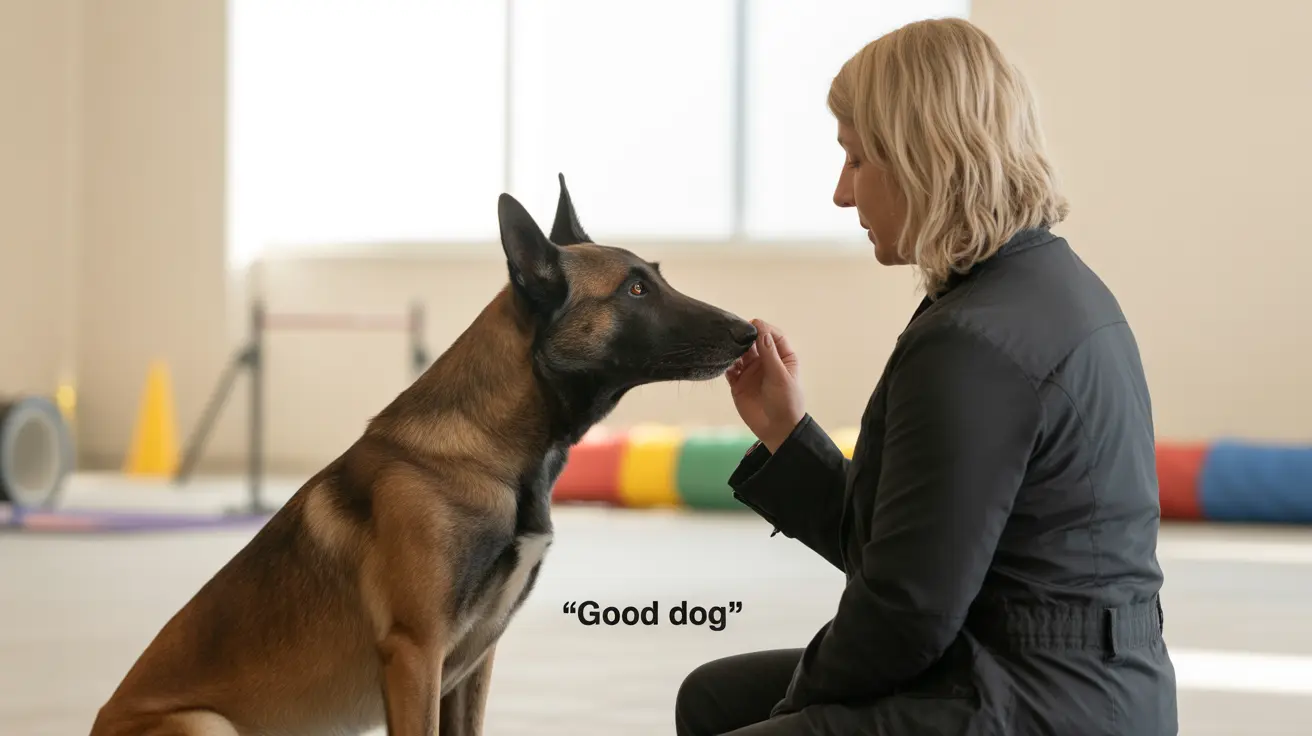Military working dogs serve alongside human soldiers in some of the most challenging and dangerous environments imaginable. Like their human counterparts, these brave canines can develop Post-Traumatic Stress Disorder (PTSD) from their experiences in combat zones. Understanding canine PTSD is crucial for protecting these valuable service animals and ensuring their well-being both during and after their military careers.
Recent studies have shown that approximately 5-10% of military working dogs develop PTSD symptoms following combat exposure. This recognition has led to significant advances in how we diagnose, treat, and support these affected animals.
Understanding Combat-Related Trauma in Military Dogs
Military working dogs face numerous traumatic situations that can trigger PTSD, including exposure to explosions, gunfire, and intense combat scenarios. These experiences can leave lasting psychological impacts, similar to those experienced by human soldiers. The dogs' heightened sensory capabilities, particularly their acute hearing and smell, can make them especially vulnerable to trauma from combat situations.
Recognizing PTSD Symptoms in Military Working Dogs
Military dog handlers and veterinarians look for several key indicators when assessing potential PTSD in working dogs:
- Sudden changes in behavior or temperament
- Increased aggression or fearfulness
- Withdrawal from handlers and familiar activities
- Hypervigilance and excessive startle responses
- Changes in work performance or reluctance to perform duties
- Sleep disturbances and changes in eating patterns
Treatment and Recovery Options
When military dogs show signs of PTSD, a comprehensive treatment approach is typically implemented:
Behavioral Therapy
Professional animal behaviorists work with affected dogs using specialized techniques including:
- Systematic desensitization to triggers
- Counter-conditioning exercises
- Positive reinforcement training
- Confidence-building activities
Medical Intervention
In some cases, veterinarians may prescribe medications to help manage symptoms:
- Anti-anxiety medications
- Antidepressants
- Stress-reducing supplements
- Sleep aids when necessary
Life After Service
For military dogs diagnosed with PTSD, several paths forward exist:
- Rehabilitation and return to modified duty
- Transition to less stressful working roles
- Retirement and adoption into civilian homes
- Service as therapy dogs for veterans with PTSD
Frequently Asked Questions
Can military dogs develop PTSD from combat and deployment experiences?
Yes, military dogs can develop PTSD from exposure to combat situations, explosions, and other traumatic events during their service. Studies indicate that 5-10% of military working dogs experience PTSD symptoms.
What are the common signs and symptoms of PTSD in military working dogs?
Common signs include hypervigilance, increased aggression or fearfulness, withdrawal from handlers, excessive startle responses, changes in eating and sleeping patterns, and reluctance to perform duties.
How is canine PTSD in military dogs treated and managed by handlers and veterinarians?
Treatment typically involves a combination of behavioral therapy, medication when necessary, and environmental modifications. Handlers work closely with veterinarians and animal behaviorists to develop comprehensive treatment plans.
Can military working dogs recover from PTSD and return to active duty or are they retired?
Some dogs can recover and return to modified duties, while others may need to be retired. The outcome depends on the severity of symptoms and the individual dog's response to treatment.
How do PTSD service dogs help human veterans cope with their symptoms?
Service dogs assist veterans by providing emotional support, interrupting anxiety attacks, waking them from nightmares, creating personal space in crowded areas, and offering a sense of security and companionship.
Understanding and treating PTSD in military working dogs is vital for protecting these valuable service animals. Through proper recognition, treatment, and support, many affected dogs can either return to service or transition successfully to civilian life, continuing to make positive contributions to society in new ways.






